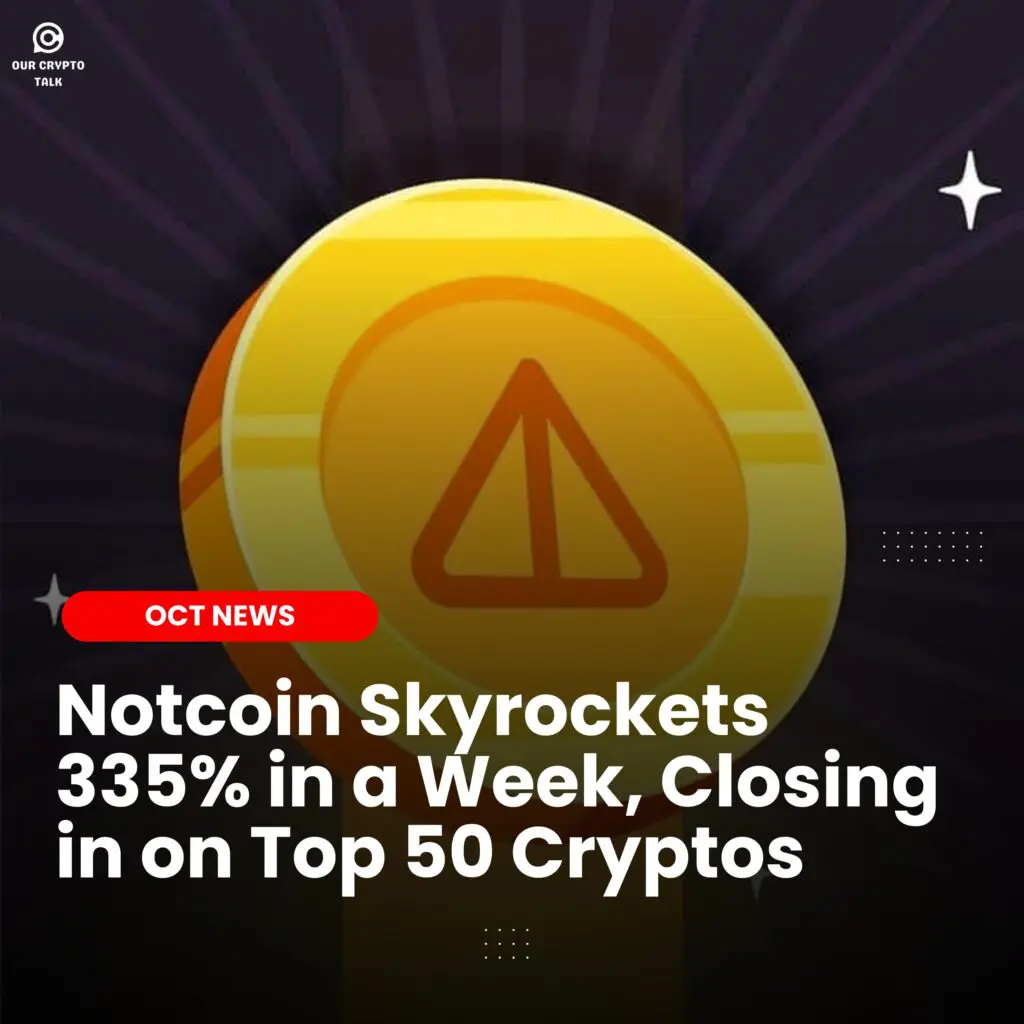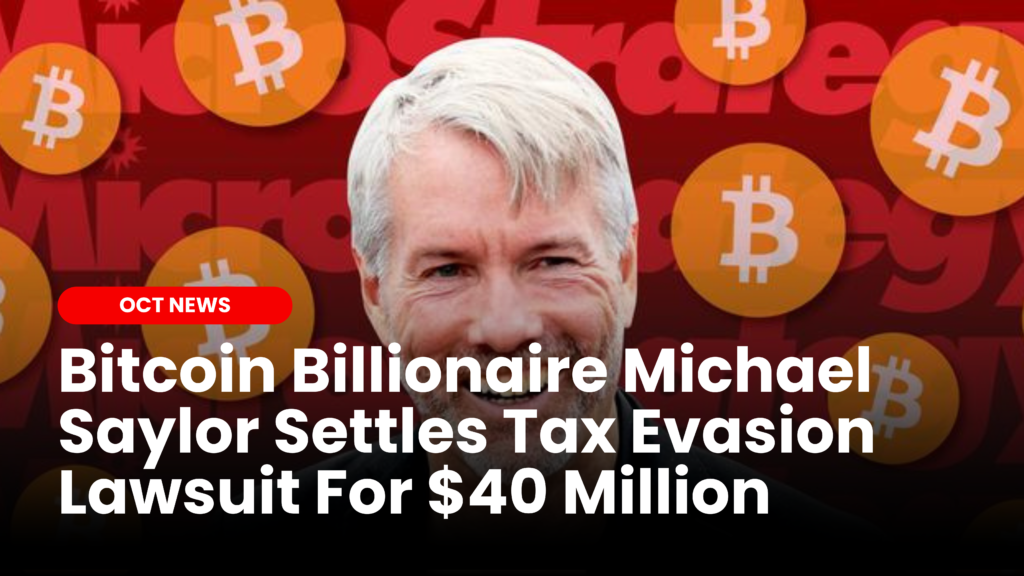Javier Milei, Argentina’s president, promoted a Solana-based memecoin called LIBRA on February 14, triggering a market frenzy. Within hours, traders poured in, pushing the token’s market cap to $4.5 billion. However, concerns over the legitimacy of the project quickly emerged, leading to a sharp sell-off. LIBRA has since plunged 89% from its peak, raising questions about the token’s origins and Milei’s involvement.
LIBRA’s Meteoric Rise and Sudden Collapse
LIBRA debuted with a message from Milei’s official X (formerly Twitter) account, describing it as a private project aimed at boosting Argentina’s economy. The post linked to the Viva La Libertad Project, which claimed to fund small businesses and startups.
Traders reacted swiftly. Within hours, LIBRA soared to $4.50 per token, accumulating $1.1 billion in trading volume. The hype resembled Donald Trump’s TRUMP token launch in January, where traders rushed in, uncertain if the coin was an official initiative.
However, skepticism soon set in. LIBRA’s price crashed to $0.50, as on-chain analysts flagged concerning token movements and possible pump-and-dump tactics.
On-Chain Analysis Raises Red Flags
Crypto security firm Chainalysis identified several questionable activities linked to LIBRA’s launch:
- The token’s creator address and a large holder’s address appeared to be controlled by a single private key.
- LIBRA’s first funding came from an instant swap service, a method often used in exploitative schemes.
- Liquidity pool manipulation suggested that developers were pulling funds from investors.
Blockchain research firm Bubblemaps alleged that LIBRA’s team extracted $87 million from liquidity pools. “LIBRA is down 85% because the devs absorbed $87M of buy pressure into their pockets. $500M more to go,” the firm wrote on X.
Milei Responds, Deletes Post
Milei initially promoted LIBRA, but as concerns mounted, he distanced himself from the project. In a follow-up post, he stated:
“A few hours ago I posted a tweet, as I have so many other times, supporting a supposed private enterprise with which I obviously have no connection whatsoever.”
He added that he was unaware of the project’s details and deleted his original post. Milei also lashed out at political opponents, calling them “filthy rats” attempting to exploit the situation.

A Recurring Trend in Crypto Markets
LIBRA’s rapid rise and fall echo past memecoin frenzies, including those tied to public figures. Trump’s TRUMP token maintained legitimacy despite initial doubts, but LIBRA’s tokenomics and liquidity structure raised immediate concerns.
The incident also highlights the risks of speculative trading in politically linked tokens. While Milei is known for his pro-Bitcoin stance, this controversy raises questions about his influence in crypto markets and whether high-profile figures should engage in memecoin promotions.
Investor Takeaways: Hype vs. Reality
The LIBRA case serves as another reminder of memecoin volatility and the dangers of trading based on social media endorsements.
- Centralized token control increases risks of manipulation.
- Liquidity removal signals potential rug pulls.
- High-profile promotions do not guarantee legitimacy.
As regulatory scrutiny of crypto markets intensifies worldwide, this episode reinforces the need for transparency and caution in speculative investments.



